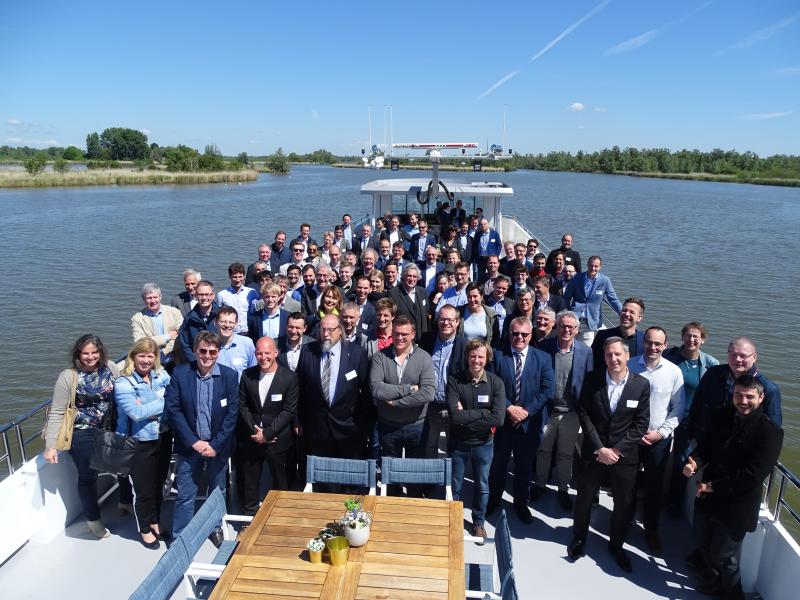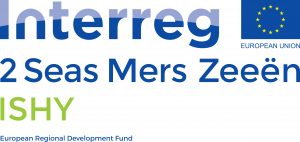Shipping industry and suppliers must invest in low carbon propulsion systems, but facing a number of market failures, as:
- Vessels have long operational lifetimes (30–40 years), so little incentive to retrofit or replace
- Number of new built ships per year is low, so ROI in innovative systems for shipbuilders is low
- Limited faith and knowledge in effectiveness of alternative propulsion technologies
- Alternative fuelling infrastructures in ports are limited
- Regulation, security and certification haven’t been clarified
- Market control of traditional oil/gas companies, protecting traditional fuel systems
To tackle barriers, challenges for this project are
- To demonstrate the effectiveness of low-carbon propulsion technologies in different types of vessels
- To demonstrate the feasibility of H2 bunkering facilities in ports
- To develop tools/methods which demonstrate and support the transition to low-carbon propulsion systems for new built vessels and by retrofitting


